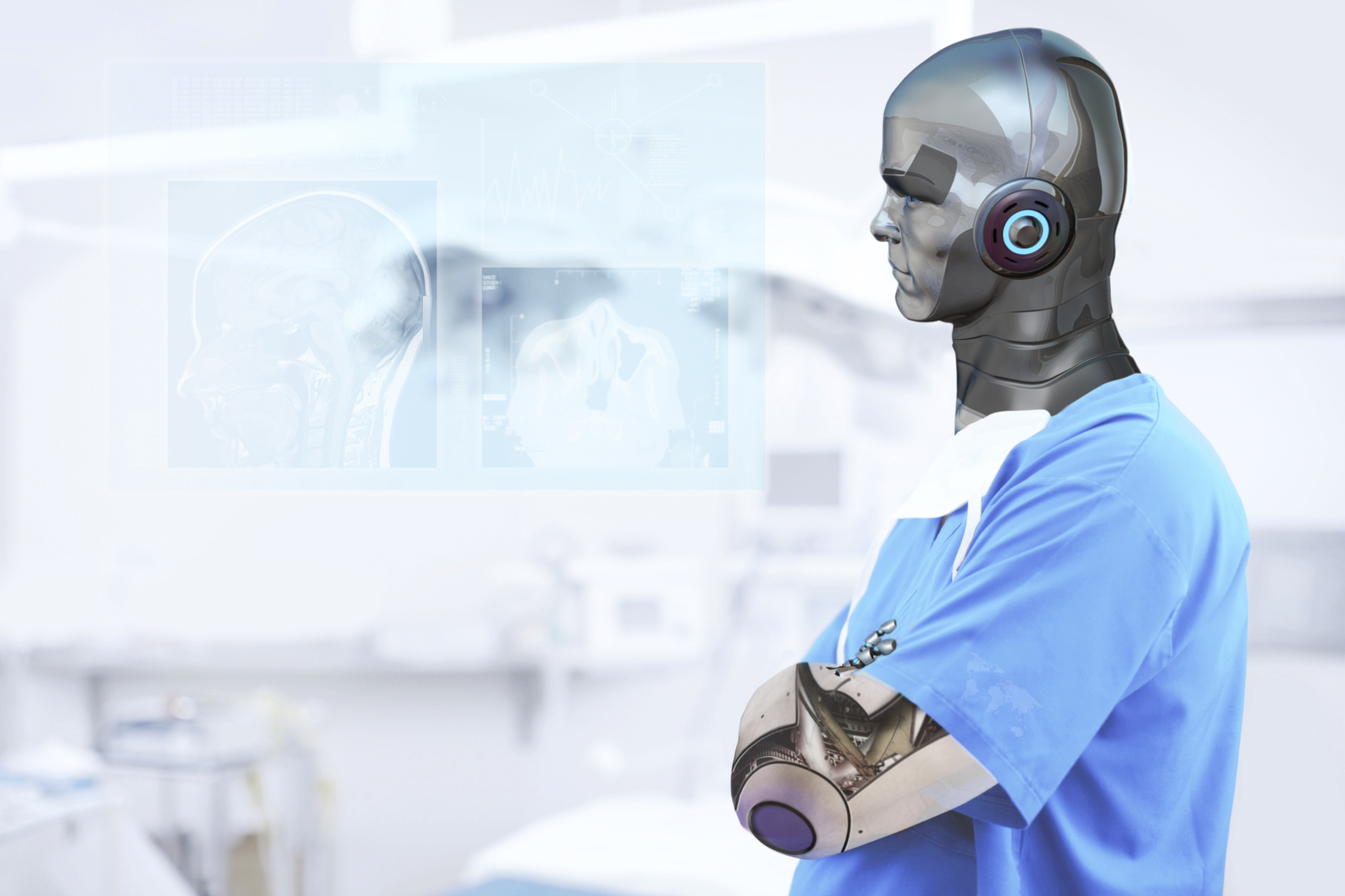
Given the ongoing trade struggles between the United States and China, as well as the rapidly growing importance of artificial intelligence across the economies of both countries, it was probably inevitable that the matter of AI in healthcare would get pulled into the debates.
And, indeed, this past spring the U.S. government directed the Chinese artificial intelligence company iCarbonX to back out of its majority ownership investment in PatientsLikeMe, the personalized data health network.
Recently, two prominent health IT stakeholders, Eric Topol, M.D., of Scripps Research, and Kai-Fu Li, Ph.D., CEO of the China-based tech investment firm Sinovation Ventures, took to the pages of the latest edition of the journal Nature Biotechnology to urge policymakers to buck the protectionist trend and allow more collaboration between the two countries when it comes to AI development.
According to reports, in a piece entitled “It Takes a Planet,” they suggest the "global health benefits of international collaboration, although challenging to actualize, outweigh those of confrontation and competition.”
Noting the impact AI has already had on healthcare, they argue that shared challenges such as medical errors and burgeoning healthcare costs “mandate big thinking on how we can pool our resources to promote better health everywhere and for everyone. We have at our fingertips technology capable of analyzing petabytes of data. The difference now is that it is potentially achievable by capitalizing on the ability to analyze the data rather than capitulating to the challenge. Let us embrace this opportunity by working together collaboratively across the planet for the greater good of all."
As they see it, "Chinese academics and companies already have unfettered access to personal health data. To compete in AI health, U.S. companies will need access to clinical data on a similar scale. How will that be possible if the current isolationist policy continues?"


